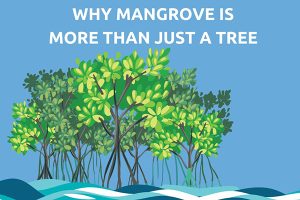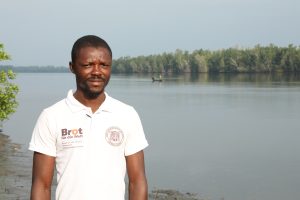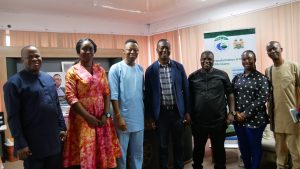Wonderful news from Big Water community! The alternative livelihoods which the Conservation Society of Sierra Leone (CSSL) designed together with the community are showing great development.
CSSL has been working with the Big Water community at the Western Area Peninsula for several years now. Our aim is to support the community in the wise and sustainable use of the forest which is close to their community. As many community members depend on selling firewood and charcoal burning to make their living, CSSL engaged women’s groups, youth groups and other members within the community and developed alternative livelihood interventions.
CSSL especially focuses on the most vulnerable members of the community. With the women of Big Water being identified as one of these groups, a special program was designed for them that included animal husbandry and groundnut cultivation. On receiving the good news about how well the interventions were doing, the project team visited the community on 18th August, 2023 to celebrate the developments with them, while also encouraging them to do more in protecting that part of the national park.
“Two of the pigs are pregnant. That is so good news. We are so happy about it. It shows us that the program has a great future.”
Chair Lady, Women´s Group Big Water
“As you can see, the field is completely green, and the groundnut plants are growing well. We hope the weather will stay in our favour so that the harvest will support our community."
Member, Women´s Group Big Water
In order to minimise over-dependence of communities on their surrounding forests ecosystem, CSSL provides them with alternative livelihood support to enhance their socio-economic well-being. Environmental education and advocacy, coupled with appropriate livelihood support can create the needed awareness, and provide incentives to communities in order to gradually lure them away from engaging in illegal mining and deforestation . These illegal practices often bring them in conflict with the law as well as cause damage to the environment with consequences that come back to hunt them. Needs-based and properly structured livelihood support programme aimed at improving the income status of the direct beneficiaries and hence, reduce their over-dependence on the natural and mineral resources surrounding them are the only way to protect and conserve our forests.



